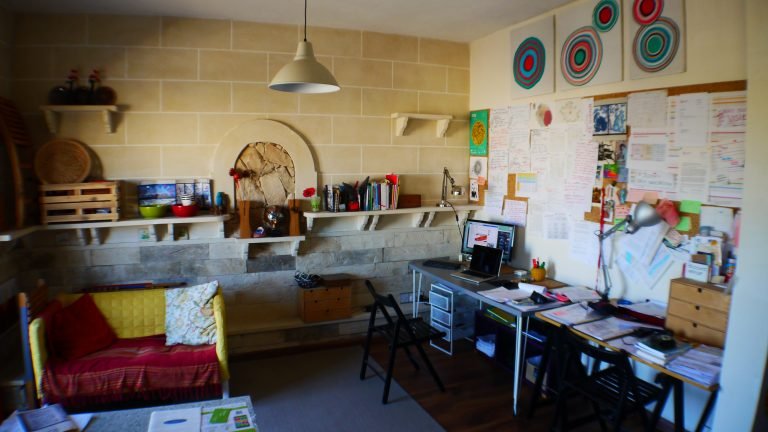Radical Candor, Radical Constructivism

In a professional environment it’s difficult to speak out and say what you really think. Often you might wait until bursting point and then everything comes out under the cloud of a bad temper ‘emotional outburst’. You get a reputation for having tantrums, and anything you’ve said gets very likely dismissed without a second thought. I speak from personal experience, and doubtless some who read this might nod knowingly that they’ve seen my hopefully not to regular tantrums first hand.
But this is a problem, because I, and many others, may have serious criticisms and issues that need airing, sometimes that concern specific people, yet there is no easy way to deal with that. In work environments, compliance is the most important skill anyone can have, to keep quiet, to accept the status quo, to not rock the boat. Yet this behaviour indirectly costs companies probably millions of pounds in misspent budgets on wasted resources through the bad management of the company hierarchy.
I read with strange interest a Facebook sponsored post from Dropbox on ‘radical candor’, and identified totally with the subject. I’m not usually someone who gets into all that touchy feely wellbeing mindfulness stuff about being at work. But my own (PhD) research is very interested in motivation and engagement, so thinking again about work team dynamic is relevant.
I benefited hugely at an early stage of the doctorate from a supervisor being fairly merciless about my mostly useless efforts at thesis chapters. He took 30 minutes to basically tell me to sort myself out and get a grip. I had literally no idea at that point that I was so off the mark. I was making the classic mistake that I think now is probably quite common to early stage PhD students, I thought I was writing a book. You know, fancy headings and sub headings, all enigmatic and creative writing. What a waste of time! It took him to point out that I needed to get formal, firm up my structure, get some proper clarity and decide what my actual aim was. And he was right, in everything he said. If he had not taken the position of what he later told me was ‘radical constructivism’, I would have wasted a lot more time. In fact it wasn’t too hard, once I reflected, to do what he had asked for. But it also took me to realise, after the initial reaction of shock and frankly fear, that I was at fault, that I did need to rethink, and adopt his advice to the letter. So it required that I realised my own shortcomings, as well as respected his experience and seniority.
I think about this quite a bit. This process of knowing (or admitting) one’s own shortcomings, and then how to point out shortcomings in others. Essentially this accounts for 90% of learning and teaching.